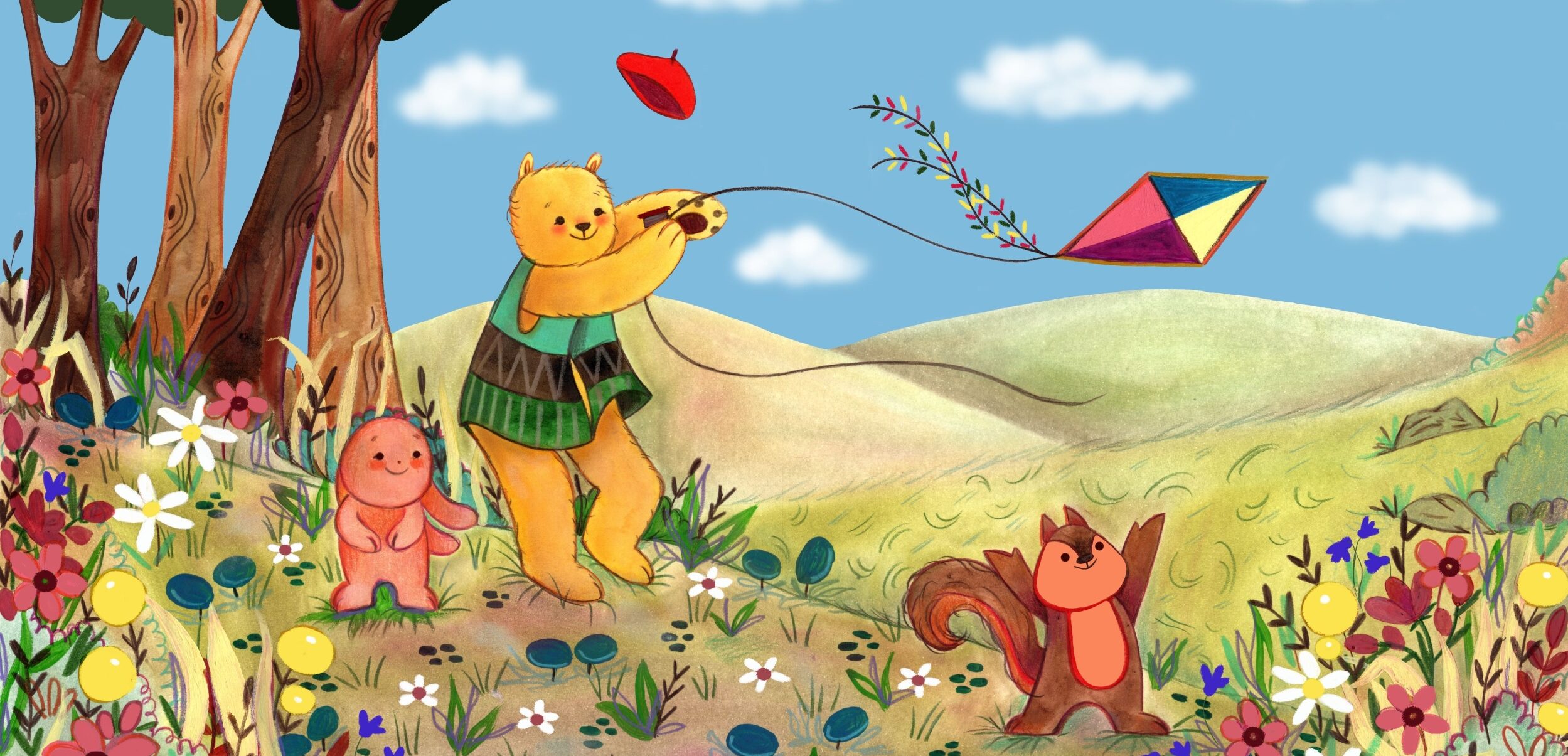Do you feel like you are hurting this holiday season? Experiencing grief? Or is it someone you care about that is feeling this way? There are multiple reasons why sadness and or grief might strike us this time of year. Perhaps the loss and or absence of a loved one, being far from home, losing a job, feeling depressed, not having enough food to put on the table or a different reason.
It might seem really difficult to enjoy the season perhaps as you once did, in the middle of your pain, sadness and or grief. Here are some ways to cheer yourself up or help someone you know:
1. Express your pain to someone who loves and cares.
When we experience hurt, our current pain may feel stronger than we might want it to feel. It’s okay. One of the first steps to healing is to express your pain to someone who loves and cares for you. Burying the feeling won’t help; it might resurface unwantedly elsewhere. Cry if you need. It’s okay. Communicate how you feel, as difficult as it might be. Your ability to confide in someone other than yourself can help dissipate the pain or move you closer to letting the pain go.
2. Look through old photos of good memories.
Maybe you have two or three of such photos. However many, try to look through old photos of good memories and remind yourself: This is temporary. Good times will eventually be here. Whether from your kindergarten graduation, a childhood birthday, or an earlier holiday when you weren’t grieving, being able to look through old photos is a great way to rekindle positive emotions. Doing so also puts into perspective the idea that hurt and pain are very often temporary.
3. Remind yourself of what you are grateful for.
Often times when we are hurting, nothing feels worse. But the matter of fact is very often things could be much worse. Reminding ourselves of things to be grateful for is a great way to lessen hurt and grief. For example, recalling we have friends, acquaintances or loved ones still in our life is a truly wonderful start. Or that we can walk, sleep, eat or think are other things for which to be grateful. Try writing these down daily and remind yourself at the end of the week of all of what you are grateful for.
4. Do something you like (or used to like) to cheer your mood.
It’s as simple as that. Do something you like, or that you used to like, whether it be small or big and see how it affects you. For example, build a card house from a pile of playing cards. Or perhaps turn on your car radio and listen to some favorite music. If your pain is great, it might take doing this activity with a friend or loved one who cares about to change your mood. Try. By trying, you’ll have at least begun accepting your sadness or grief in order to hopefully move on. This is a great start. Be proud of yourself.
5. Seek professional help for grief or sadness that is consistently there.
If you or someone you know is experiencing longer than expected grief and sadness and interferes with an individual’s daily routine, try seeking professional help. This is a way to shift gears and help move forward when grief or difficulty becomes too large to bear.
We all experience pain, hurt, sadness or grief. What we do with these emotions, for example, accept, move on, try again, is the most we can ask from ourselves or someone we know. Let us gain strength from our grief and sadness in this way and continue to move forward stronger.
Source/Credit for Photo Above: https://southcoastpostacute.com/depression-among-the-elderly/

